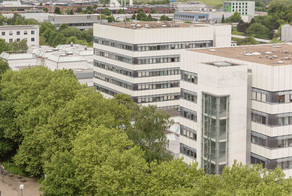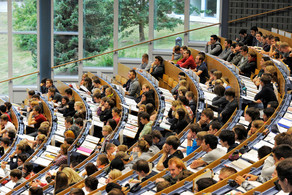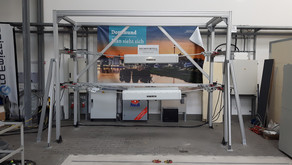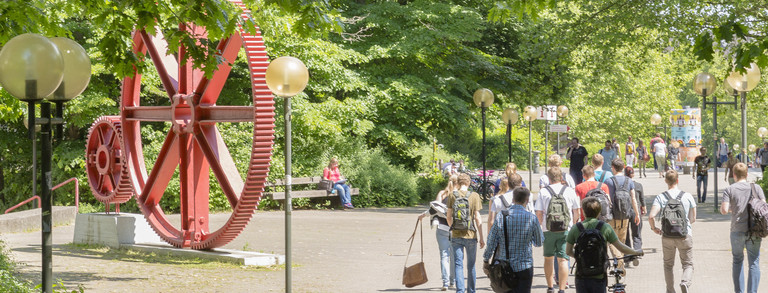MoMeEnT

Modellierung des soziotechnischen Mehrebenensystems der Energieversorgung und dessen Transformation
Racing to achieve global climate protection goals by 2050, the energy sector has witnessed a colossal transformation. The increasing integration of renewable energy resources to reduce carbon footprint of conventional fossil fuels promises to fulfil environment goals but also introduces uncertainty into electrical power systems. The intermittent nature of renewable sources encourage inclusion of energy storage systems as an essential part of the network, which further complicates the underlying mechanics of power system operation and control. In addition to this, various flexibility measures, rising investments in controllable loads such as electric vehicles, heat to power technologies lead to a surge of participants that have an impact on the daily functioning of the power grid. Moreover, the decentralized nature of such assets distributes authority between consumers and grid operators thus posing challenges in control coordination arising due to conflict of interests.
The goal of this project is to bring together all such participating actors into one simulation environment in order to analyse their interaction and measure coherence in such coordination. The main focus is to incorporate relevant social aspects related to each sector and how human behaviour dictates prosumer interaction within the system. Furthermore, roles played by governance instruments such as regulations and incentives to drive investment decisions are also taken into account. An optimal interaction between all the players utilizing provided flexibility and maintaining security of power supply with minimum costs and emissions is intended. It is very important to consider social acceptance of desired scenarios. To tackle problems related to the decentralized nature of such a system, an agent based solution has been proposed. In the scope of this project, every physical asset can be represented as agents and each contributing sector as multi-agent systems with individual goals. All these systems are then integrated with a co-simulation platform MOSAIK to further communication between the same. This setup is best explained visually:
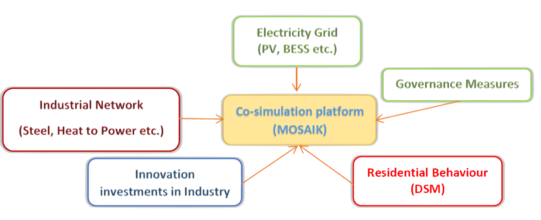
Project duration: 12/2019 - 12/2022
Project Partners
Institut für Energiesysteme, Energieeffizienz und Energiewirtschaft (ie3), TU Dortmund Prof. Dr.-Ing. Christian Rehtanz | Techniksoziologie, TU Dortmund, Prof. Dr. Johannes Weyer | Human-Environment Relations in Urban Systems (HERUS), EPFL Lausanne, Prof. Dr. Claudia R. Binder | Institut für qualifizierende Innovationsforschung & -beratung (IQIB), Dr. Bert Droste-Franke | Institut für Automatisierungstechnik (IAT), Universität Bremen, Prof. Dr.-Ing. J | Energieinformatik, Universität Oldenburg, Prof. Dr. Sebastian Lehnhoff
Sponsors


